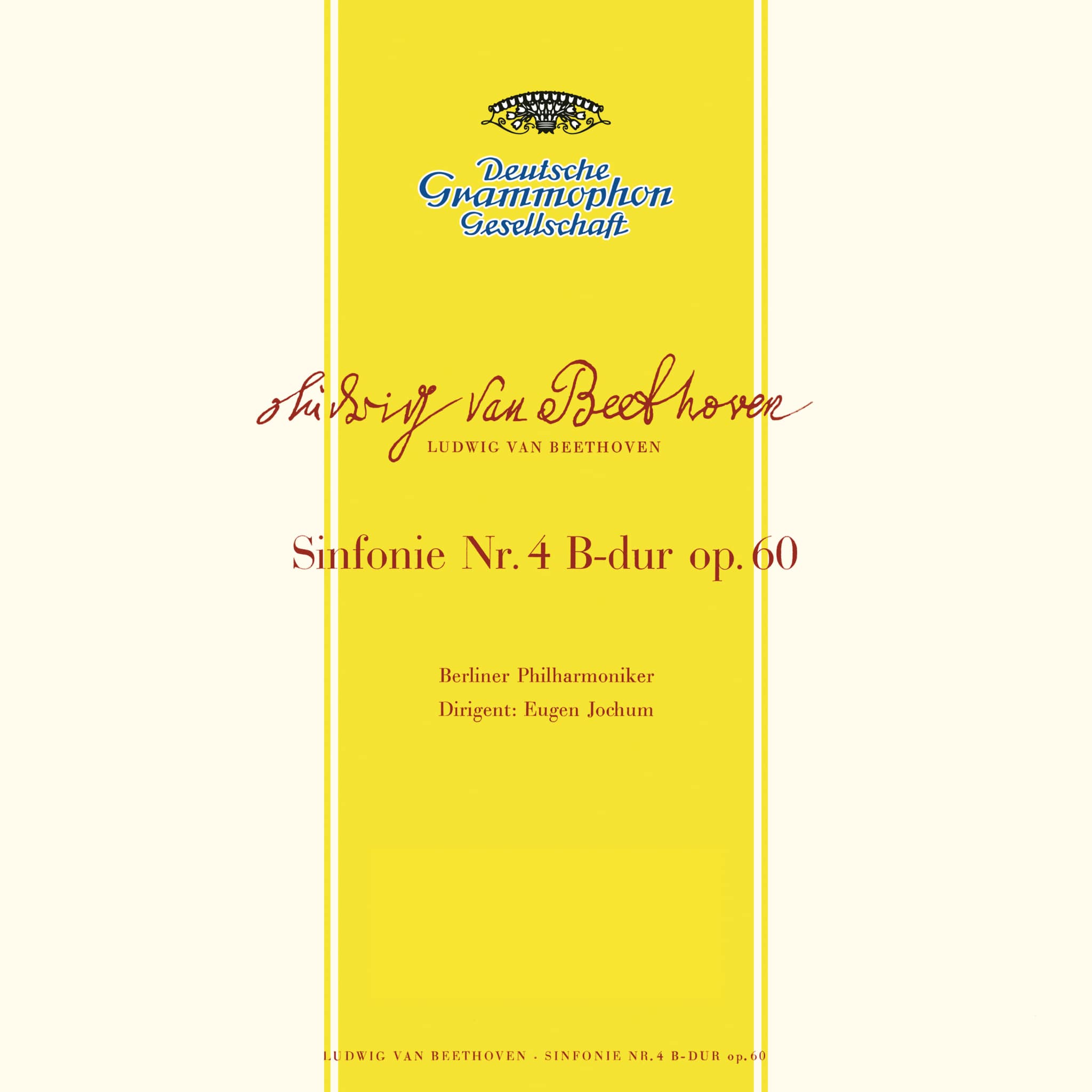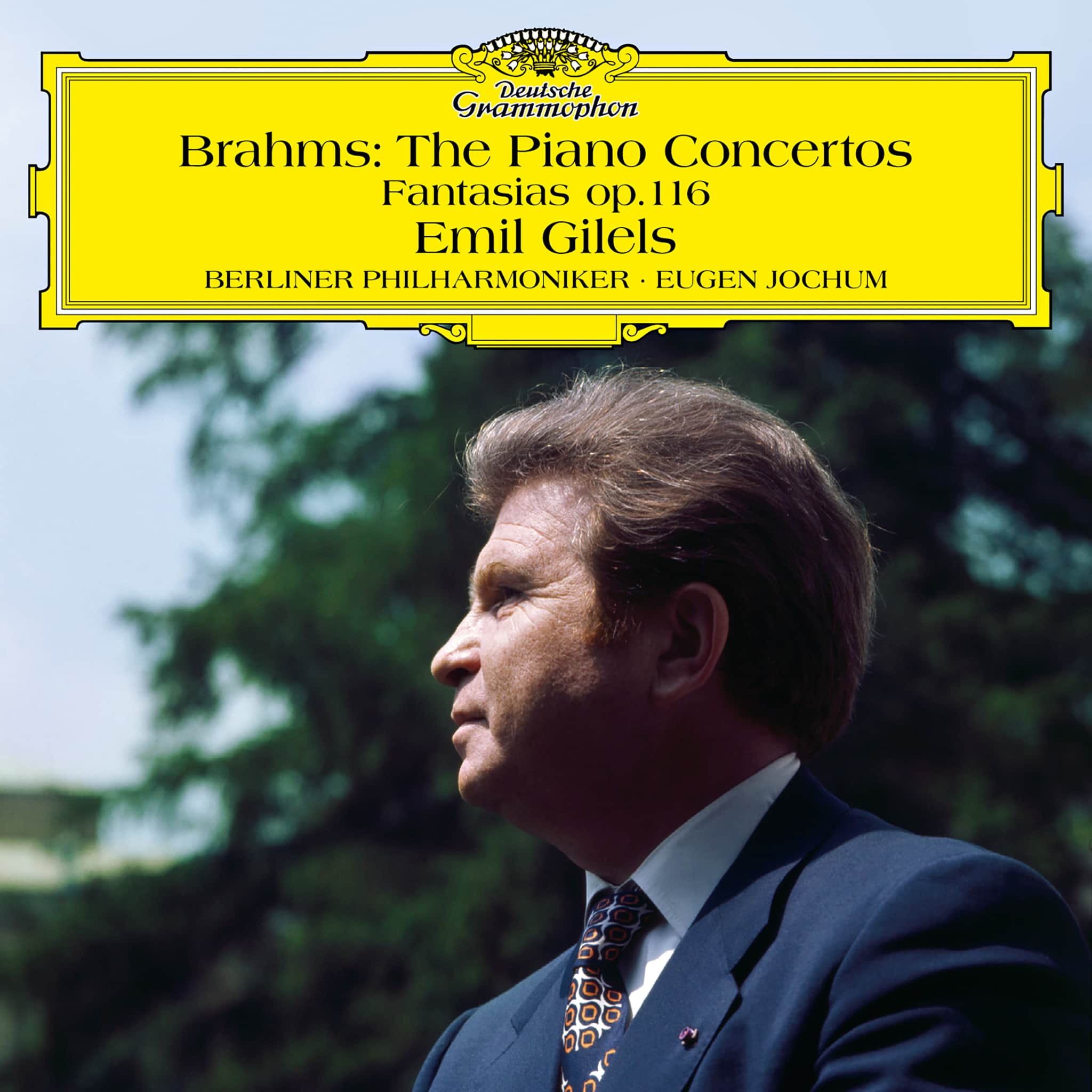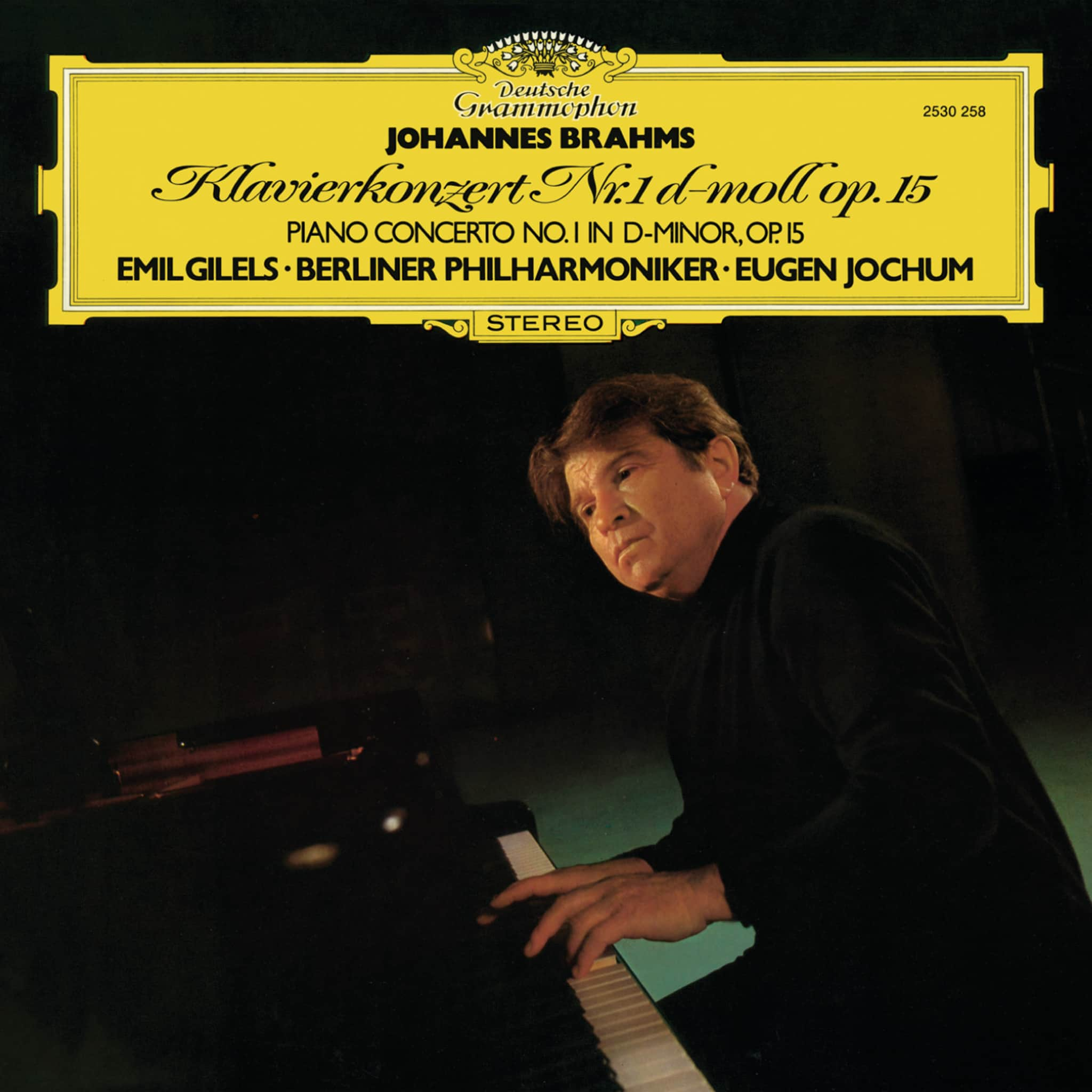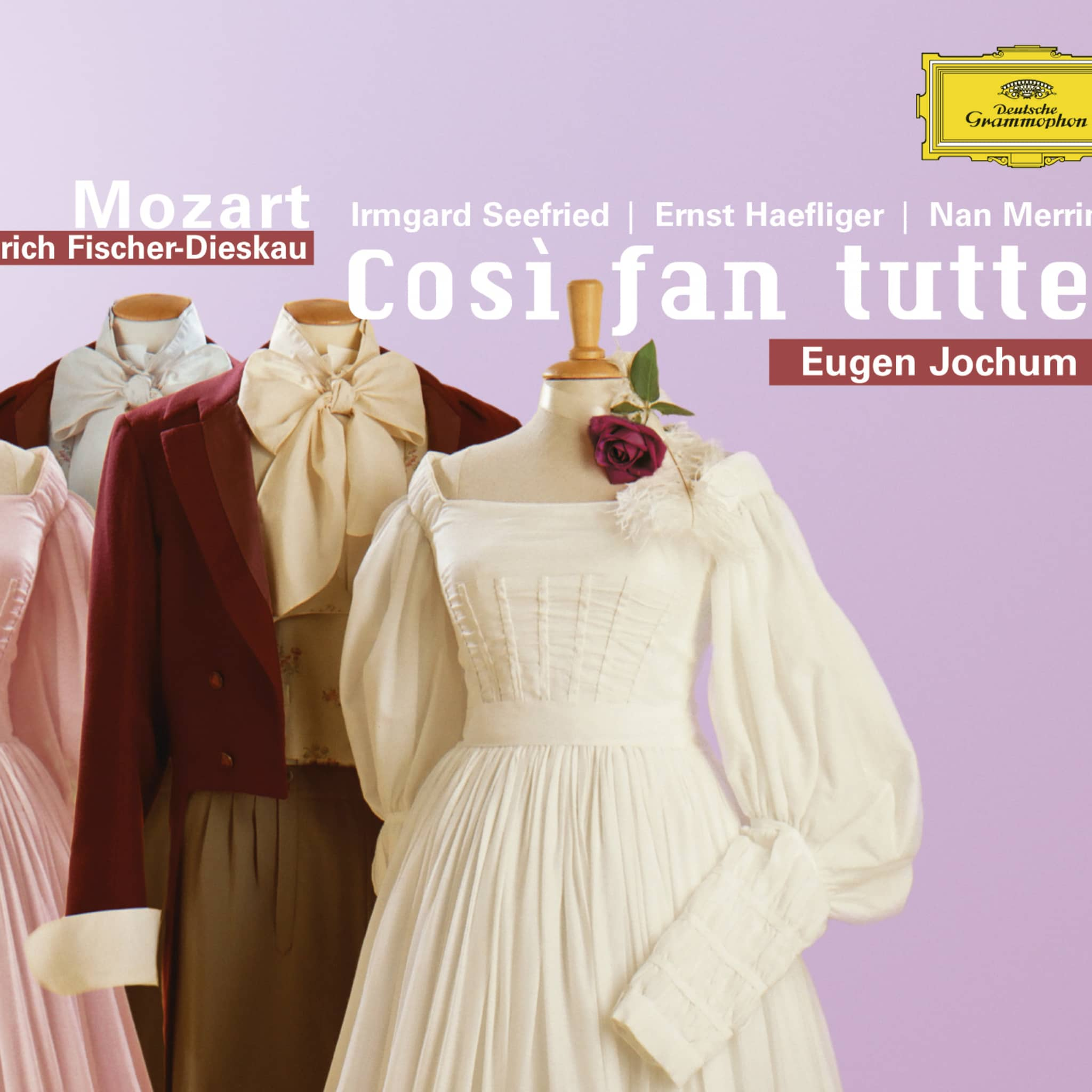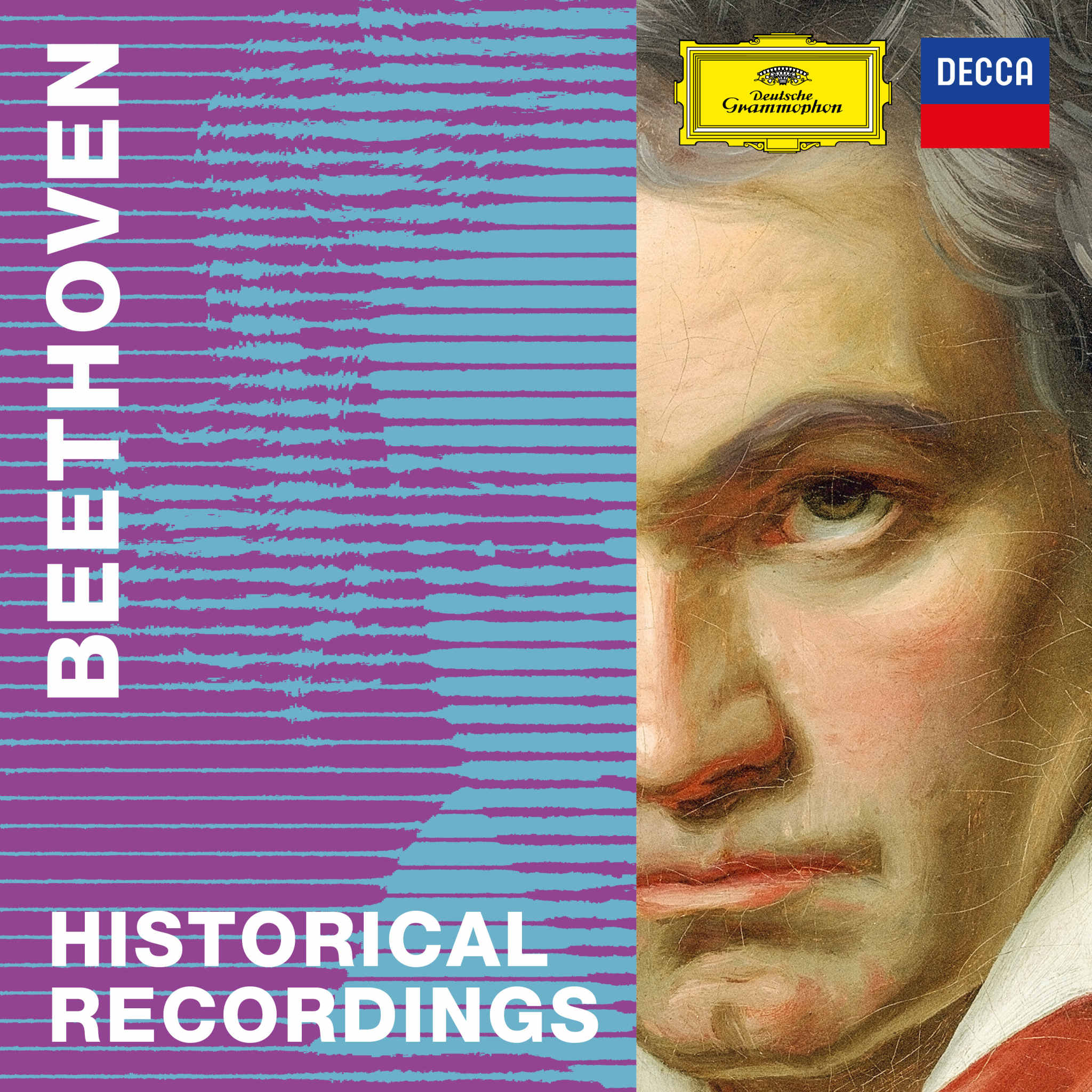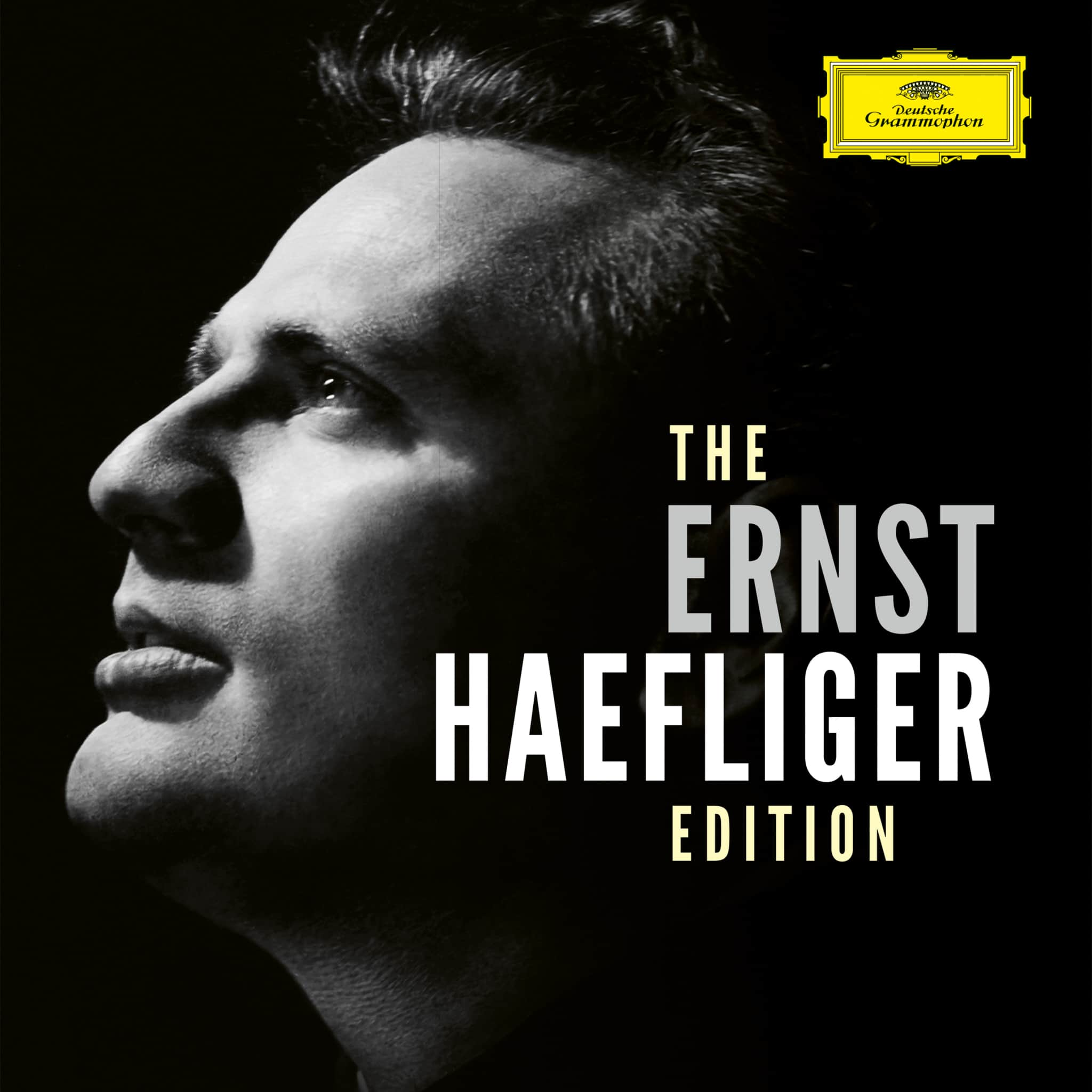Eugen Jochum: A Dive into His Fascinating Works and Career Highlights
Eugen Jochum (1 November 1902 – 26 March 1987) was a distinguished German conductor, celebrated for his insightful interpretations of the music of Anton Bruckner, Carl Orff, and Johannes Brahms, among others. His career was defined by leadership roles with several major European orchestras and a prolific output of acclaimed recordings.
Early Career and Key Milestones
Jochum showed early musical talent, playing the organ in church services by the age of eight and studying at the Augsburg Conservatory and the Munich National Theatre. He established his reputation as a conductor at the Kiel Opera, where he led more than 50 operas in just three years, before moving in 1934 to the Hamburg Staatsoper, a position he held until 1949. At Hamburg, Jochum was both musical director of the Opera and Philharmonic.
After World War II, Jochum became the first chief conductor of the Bavarian Radio Symphony Orchestra (Symphonieorchester des Bayerischen Rundfunks) in 1949, shaping it into a major ensemble. He was also a regular participant at the Salzburg Festival and from 1953, at the Bayreuth Festival, where his first production was Wagner's Tristan und Isolde.
Leadership Roles and Honors
Jochum was chief conductor of the Amsterdam Concertgebouw Orchestra from 1961 to 1963. His tenure as chief conductor of the Bamberg Symphony Orchestra was from 1969 to 1977. Jochum made his debut with the London Philharmonic Orchestra in 1968 and was later honored as conductor laureate by the London Symphony Orchestra in 1977.
Specialization and Reputation
Jochum is especially remembered for his warm, expansive, and deeply romantic interpretations of Bruckner’s symphonies. His repertoire also spanned musical pillars such as Beethoven, Mozart, Haydn, Schumann, Wagner, and Carl Orff, along with regular performances of Bach’s passions.



